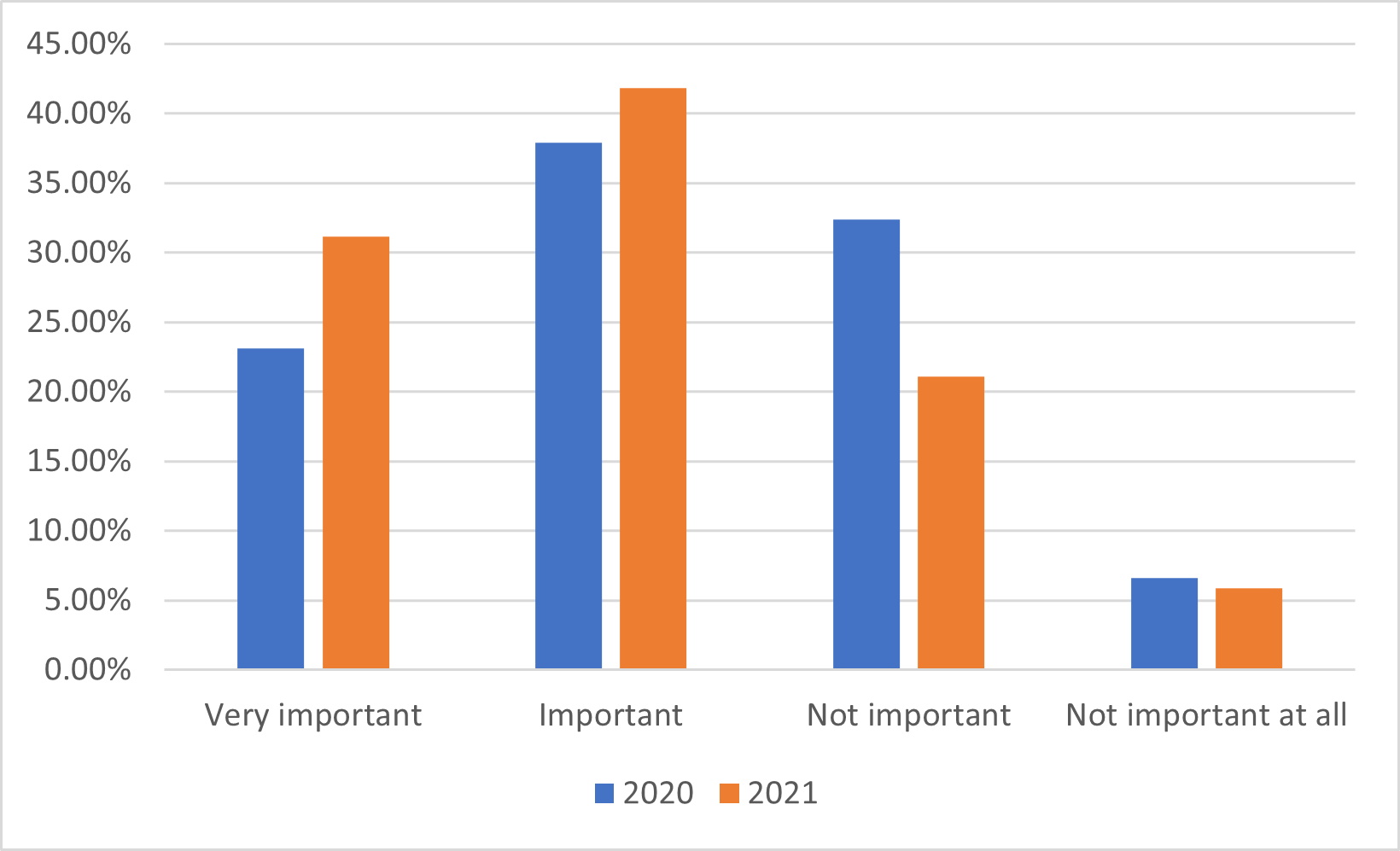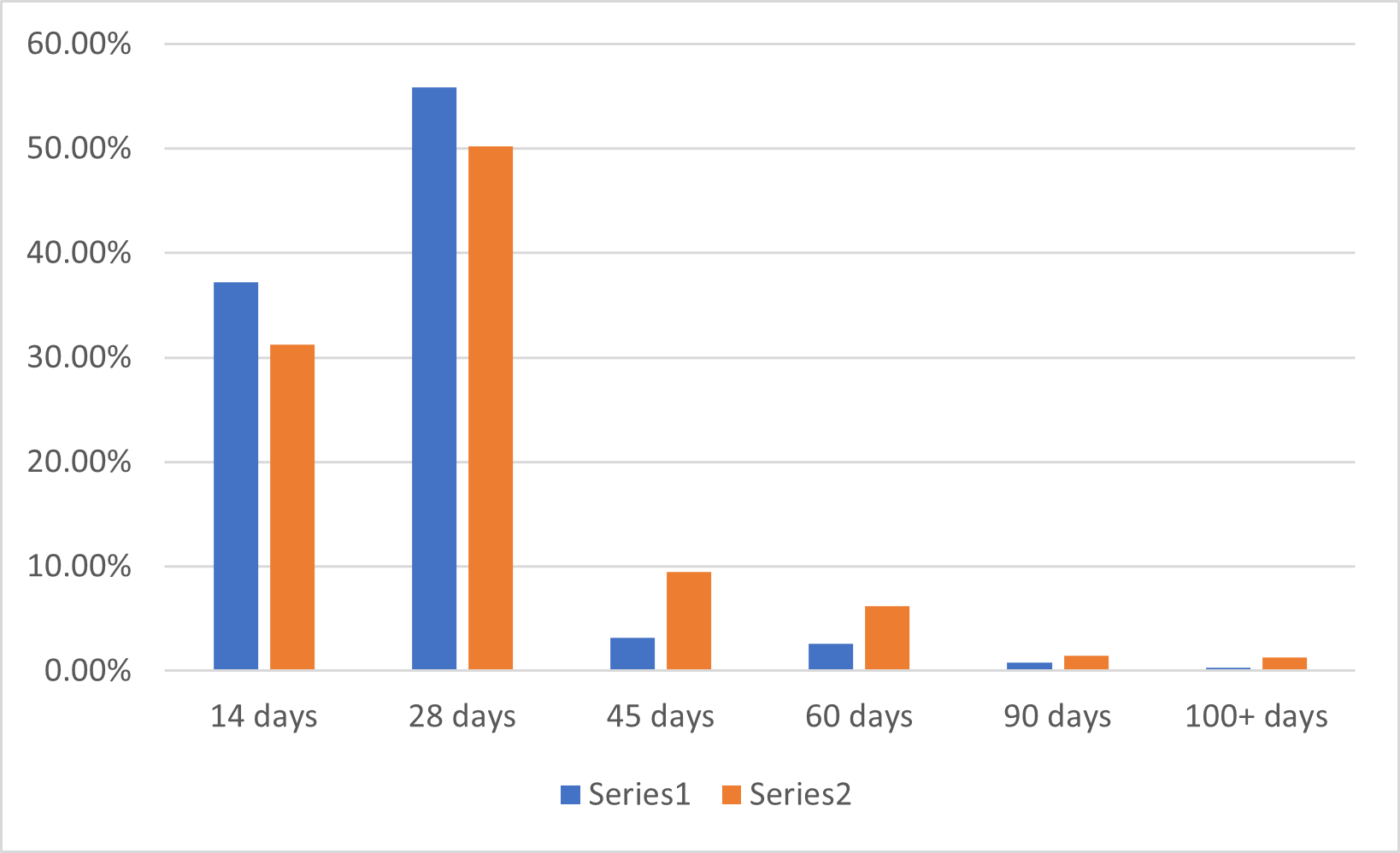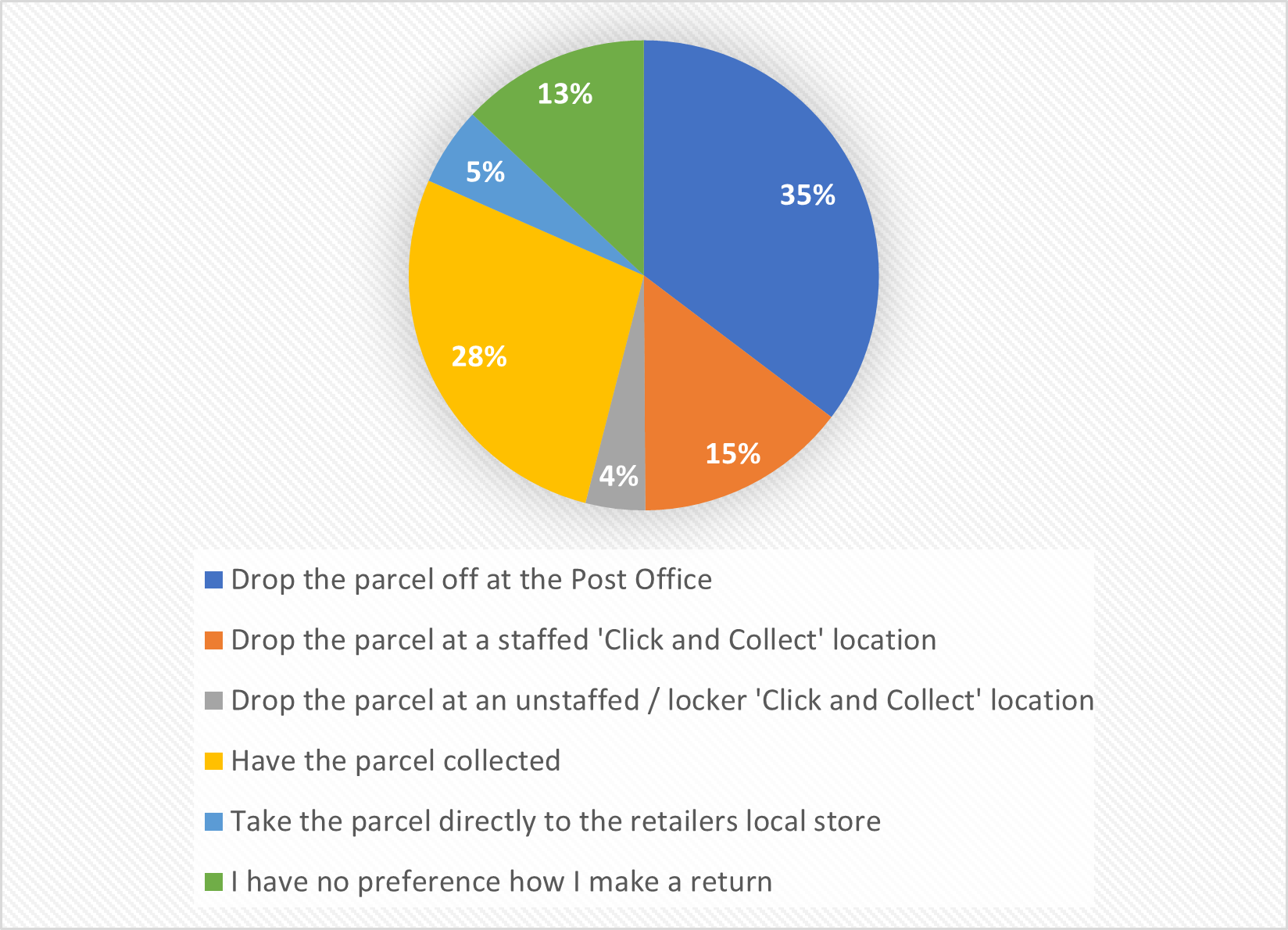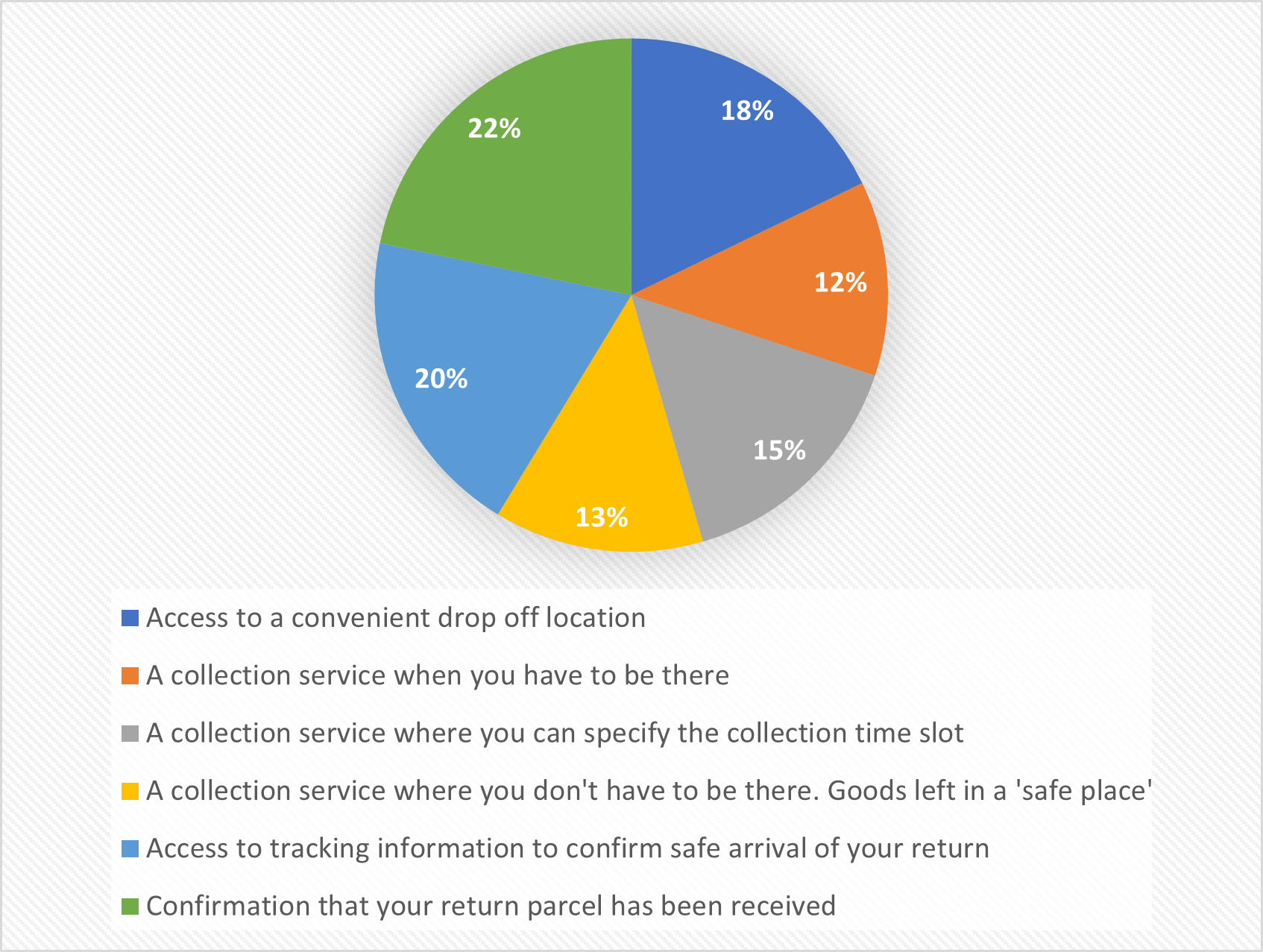It’s often difficult for retailers to know how best to approach returns, as customers have higher demands when it comes to the ease and timings of their returns. In order to simplify retailers’ priorities, we picked out the four main points which we found that shoppers focused on, from our annual home delivery survey of 1,000 UK consumers. So, what it is that customers want when it comes to a smooth delivery process?
1. Extended returns policies
Whilst retailers are required by law to offer a two week returns period, we asked whether this was really enough for customers, and if a policy that’s longer than this is important to them. In 2020, over half of respondents said this was ‘important’, or ‘very important’ to them, which raised to almost 70% a year later, in 2021. The need for longer return windows is increasing, likely as the result of customers living ever-busier lives, therefore needing more time to decide whether to keep an item.

Retailers are required by law to offer a 14-day ‘cooling off’ period where you can return any item you purchased from them. How important is an extended returns policy of longer than 14 days to you?
(Source: Maru, nShift and IMRG Home Delivery Report)
2. The option to take their time deciding
This leads onto our next key point. How long is the ideal returns policy? We asked 1,000 consumers what length of returns policy they’d like to be offered, and the most popular answer, was 28 days, essentially signaling that they’d ideally like a month to be able to choose. Interestingly, this is also most commonly what retailers offer their customers, as two weeks is considered a too short of a window.

What length of returns policy do you think retailers should offer?
(Source: Maru, nShift and IMRG Home Delivery Report)
3. Give customers options for making their return
When finding out where customers best preferred to drop off their items, whilst leaving the item at the post office, or having it collected were the two most popular answers, they’re also quite different options. The results are relatively even-spread after these two top choices, which suggests that consumers want a range of returns options, and that retailers should allow them the flexibility and choice to have it taken away, or drop it off themselves.

When making a return, do you prefer it when you can...
(Source: Maru, nShift and IMRG Home Delivery Report)
4. Confirmation of their parcel being returned
Similar to our last set of results, there was a varied set of responses when we asked customers what they valued most about the returns process. The most popular answer, for a few years in a row, has always been a confirmation of the return, as customers are growing ever-more eager for reassurance, without them needing to check themselves. Communication is crucial, also demonstrated in the second most popular answer of ‘access to tracking information to confirm safe arrival of your return’. The third most selected answer was ‘access to a convenient drop off location’, once again affirming the previous idea that customers want a convenient and easy location to make their return.

How important would the following aspects be in making a returns service more convenient for you?
(Source: Maru, nShift and IMRG Home Delivery Report)
To conclude, our survey shows that the most important points for the return process are, extended return policies; the option to take time making a decision; multiple options for where to make the return; and communication and confirmation once the return is made. Retailers should consider these key points to make a high quality customer experience, amidst the uncertainty of a returns process.




